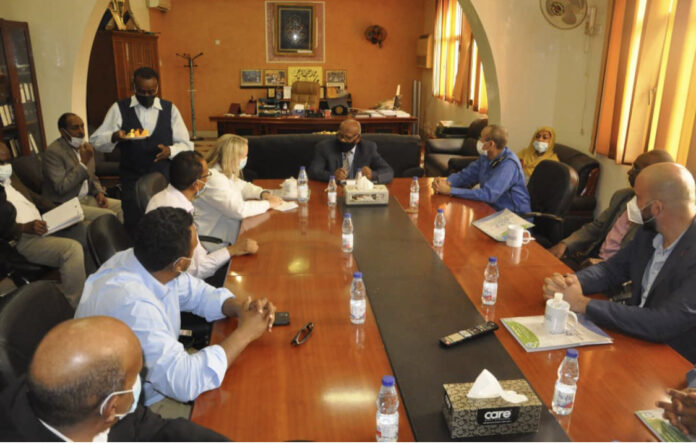For many decades, non-governmental and mission organizations have focused on expanding access to specialty medical care, most often via a mission-based model. Over the last decade, especially since the publication of the Lancet Commission Report on Global Surgery in 2015, the paradigm has shifted away from drop-in interventions towards educational partnership models.1 Many have come to realize that training of neurosurgeons is key to national surgical capacity building; however, in low and middle income countries (LMICs), resources for medical training, especially for surgical subspecialities such as neurosurgery, are often lacking.
Sudan is a multilingual country located in Northeast Africa, dominated by Sudanese Arabic. It is the 3rd largest country on the continent with a population of 43.8 million (Figure 1).1,2 Neurosurgery was established in Sudan by Dr. Abu Saleh in 1971.3 The Sudanese Neurosurgery Board was established in 2000 by Professor Arbab, who served as the president from 2000-2018, and was succeeded by Dr. Zakaria Ibrahim in 2019. The Sudan Medical Specialization Board (SMSB), which is responsible for the implementation of all activities concerning training of medical doctors, was established in 1995 by Presidential Decree under the Sudan Medical Specialization Act (1995). The SMSB is the sole professional training body in the Republic of the Sudan, mandated to manage and deliver medical and health specialty practitioners in the country. The country currently has one national neurosurgical training program, with six neurosurgical training centers, five of which are located in Khartoum. Presently, there are a total of 30 residents in training, 46% of whom are female (Figure 2). There is a lack of opportunities for trainees to practice surgical skills and a low number of accessible electronic and conventional libraries. The country has been relatively isolated from international relations for over 3 decades; the transitional government (2019) and its allies, including the United States, are working to re-establish international relationships. At present, few international learning opportunities are available for trainees.
In early 2021, in response to these problems, several key stakeholders, particularly the Sudanese American Physicians Association (SAPA), in collaboration with the Foundation for International Education in Neurosurgery (FIENS), G4 Alliance, Global Neurosurgery Committee (GNC) of the World Federation of Neurosurgical Societies (WFNS), Sudan Neurosurgery Board, Ribat Neurospine Center of the National Ribat University, and Sudan Medical Specialization Board, established an educational partnership to allow neurosurgical trainees in Sudan to engage in continued learning in and out of the clinical environment (Figure 3). An iterative process was established of educational and agenda-driven video conferences that matured to include in-country site visits in June by Dr. Rosseau and members of SAPA (Figure 4). With all stakeholders working together, we developed a strategic plan based on local priorities to improve neurosurgical education and capacity in Sudan. The plan has four goals: 1) secure access to physical and online educational resources, 2) create a neurosurgical skills laboratory at the Ribat NeuroSpine Center in Khartoum, 3) develop international travel and other educational opportunities for clinical learning in collaboration with the American Association of Neurological Surgeons (AANS), and 4) improve neurosurgical patient outcomes within Sudan. The European Association of Neurosurgical Society (EANS) is also participating in this initiative, through the work of Barcelona-based neurosurgeon, Andreas Leidinger. The proposed interventions are expected to improve and standardize neurosurgical education in Sudan through access to a broader range of educational resources, both physical and online. Development of a neurosurgical skills laboratory will allow trainees to develop a strong, consistent foundation in their neurosurgical knowledge. This will be supplemented with international fellowship opportunities geared toward learning specific skills not currently available in Sudan, as well as fostering international research collaborations.
With local coordination by the Sudanese Neurosurgery Board through the efforts of locally supported champion neurosurgeon Haytham Osman, this plan is currently in the process of being implemented with meetings every 2 weeks to monitor and track progress towards achieving the established goals. This process may serve as a template for other LMIC countries seeking to improve neurosurgical capacity. Through contextually-driven modifications by local neurosurgeons, who work with other specialists and with the federal and capital-area Ministries of Health, this model may eventually be useful in fostering national surgical system strengthening in LMICs throughout the world.
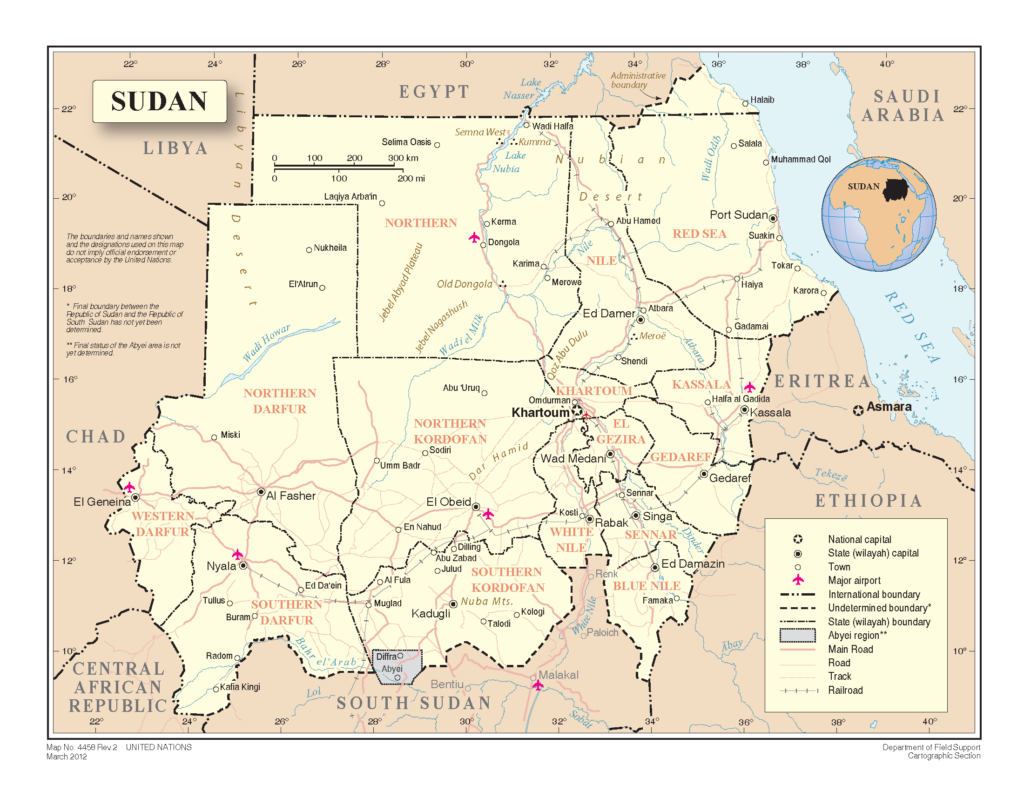
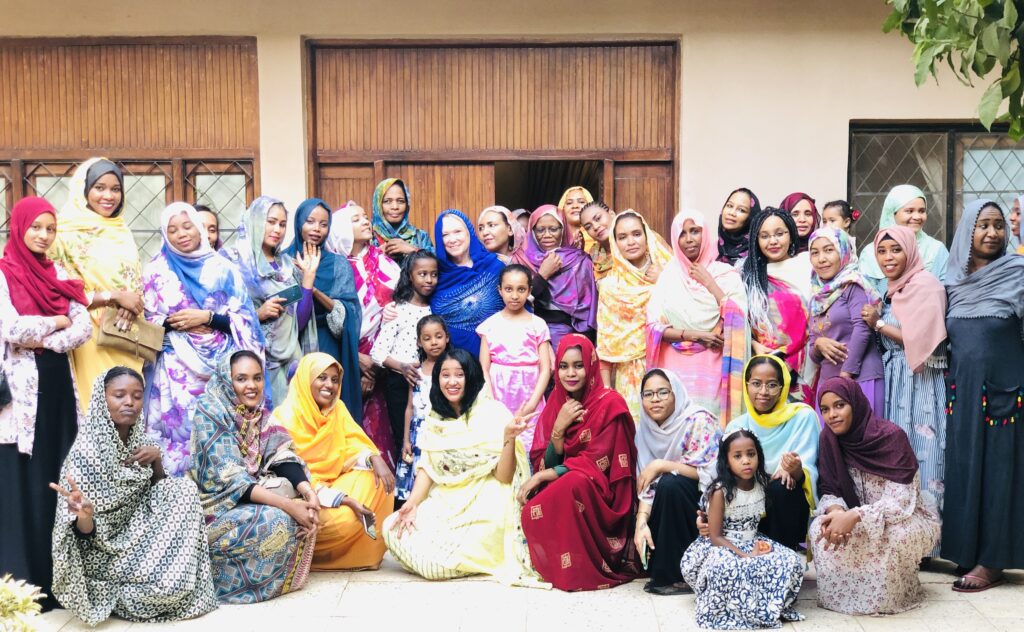
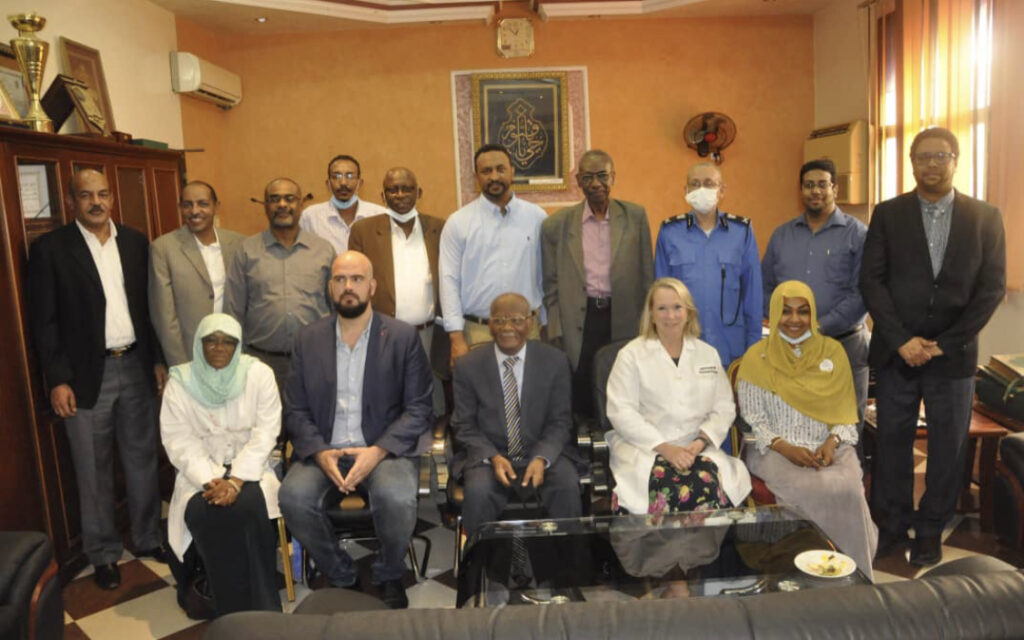
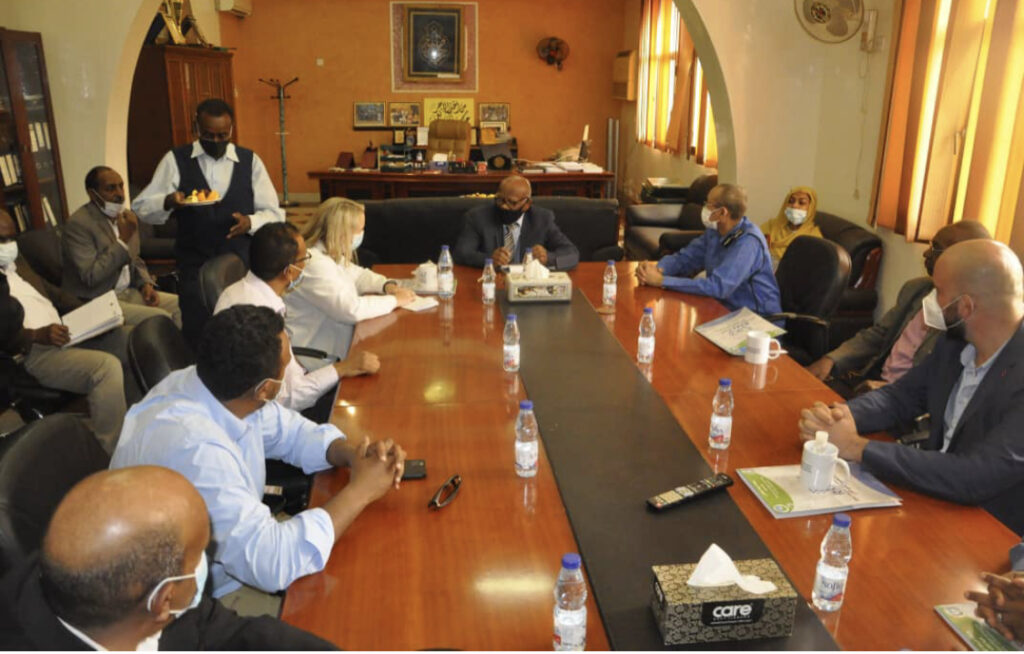
References
- Sudan. United Nations, 2012. Map.
- Meara at al. Global Surgery 2030: evidence and solutions for achieving health, welfare, and economic development. Lancet. 2015 Aug 8;386(9993):569-624.
- Sudan. Country Profile. World Bank. databank.worldbank.org
- Abusalih Suleiman Hussein. Neurosurgery in Sudan in the seventies. Khartoum, 2007.



